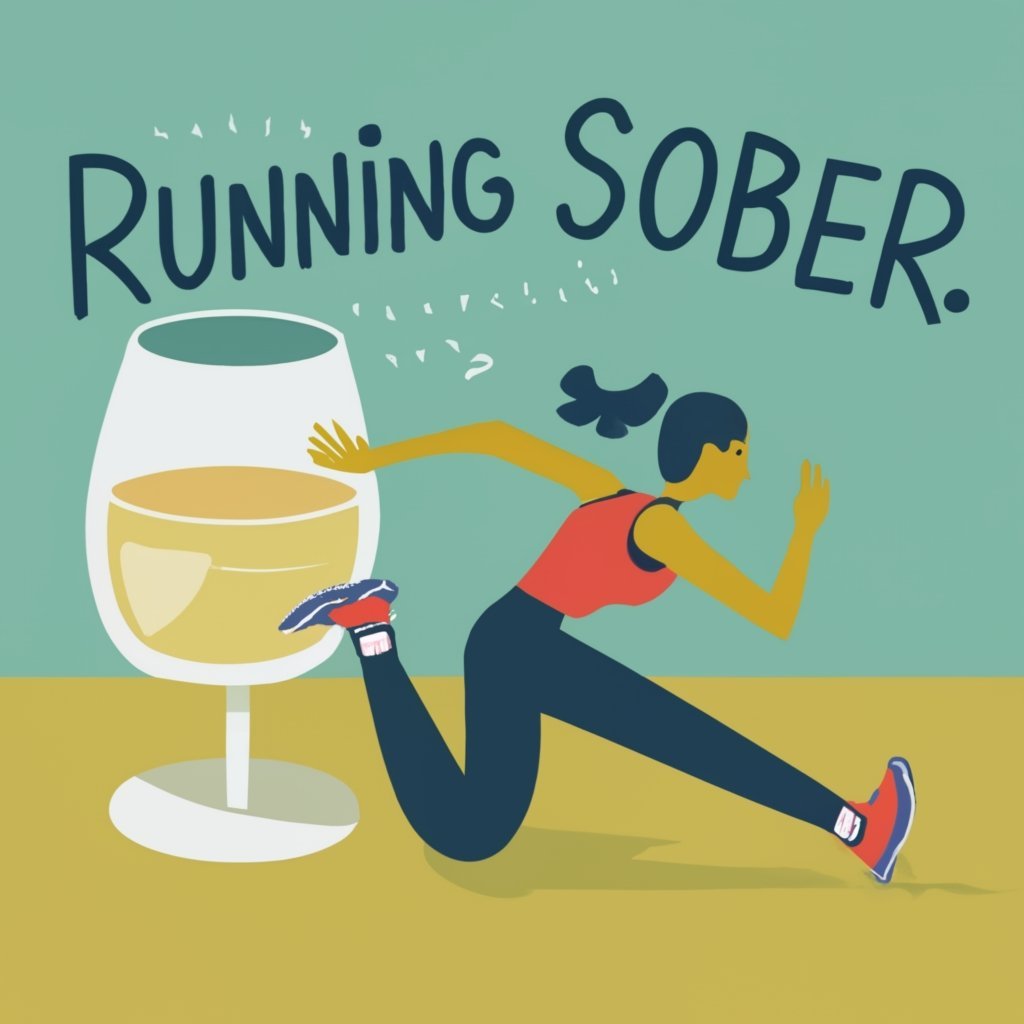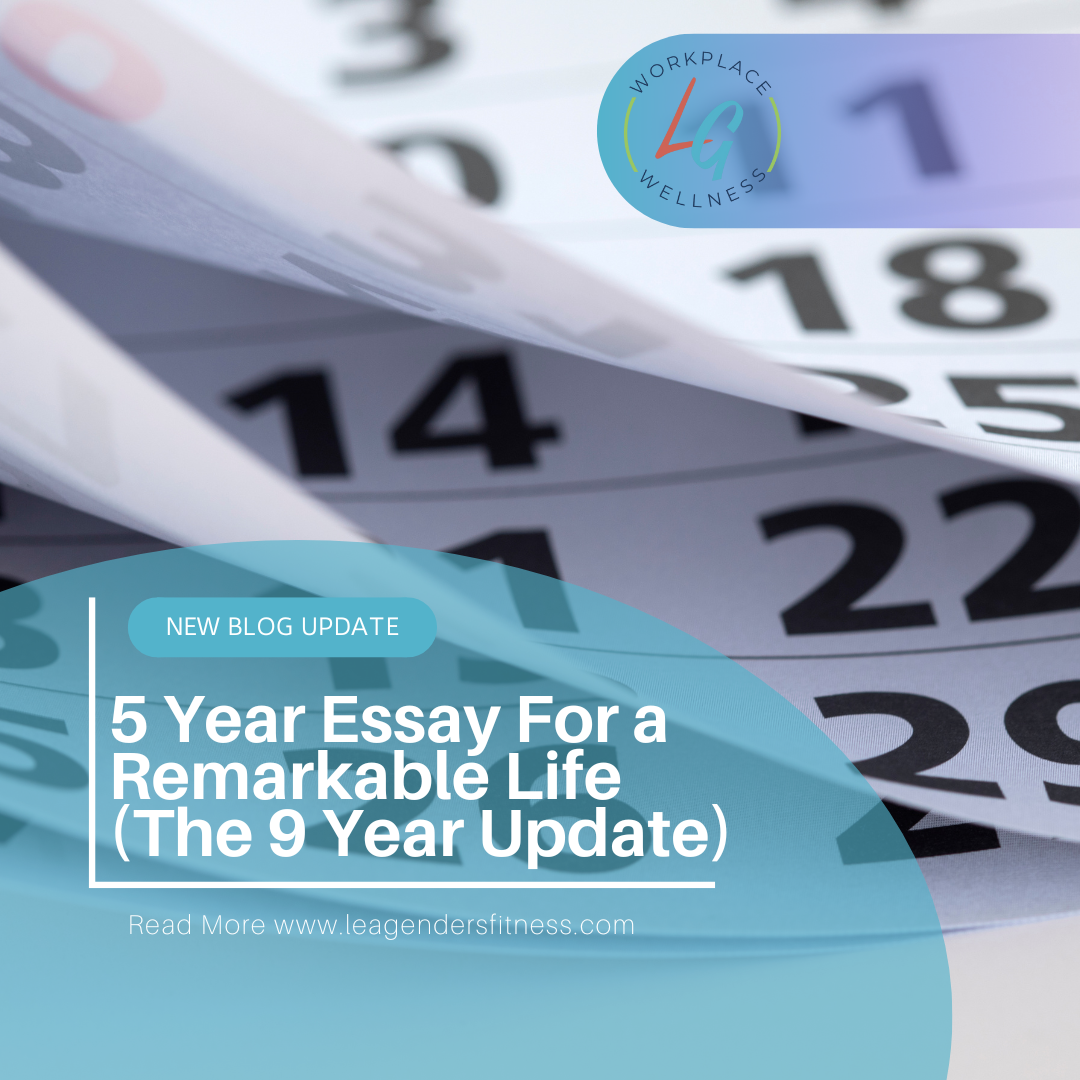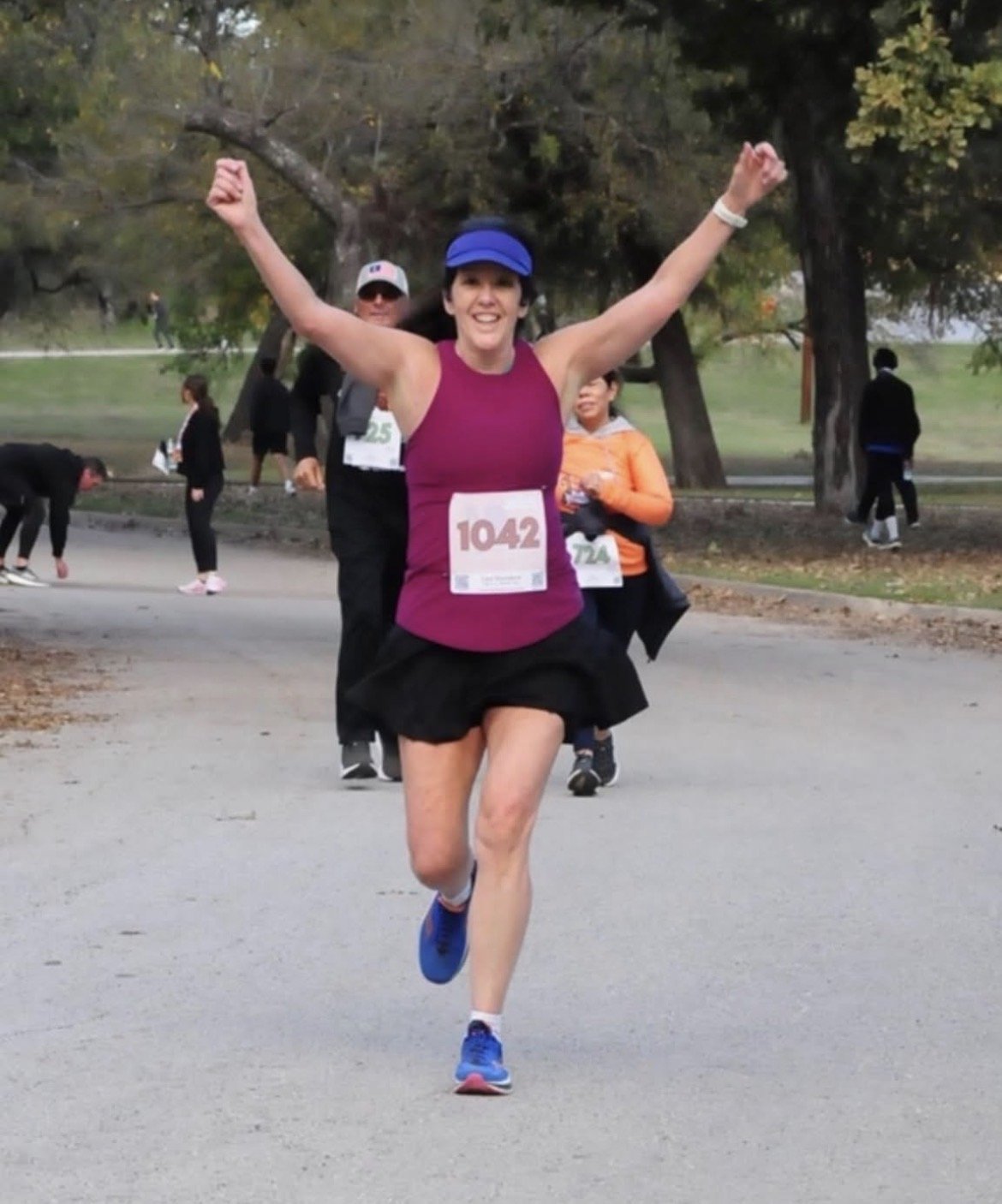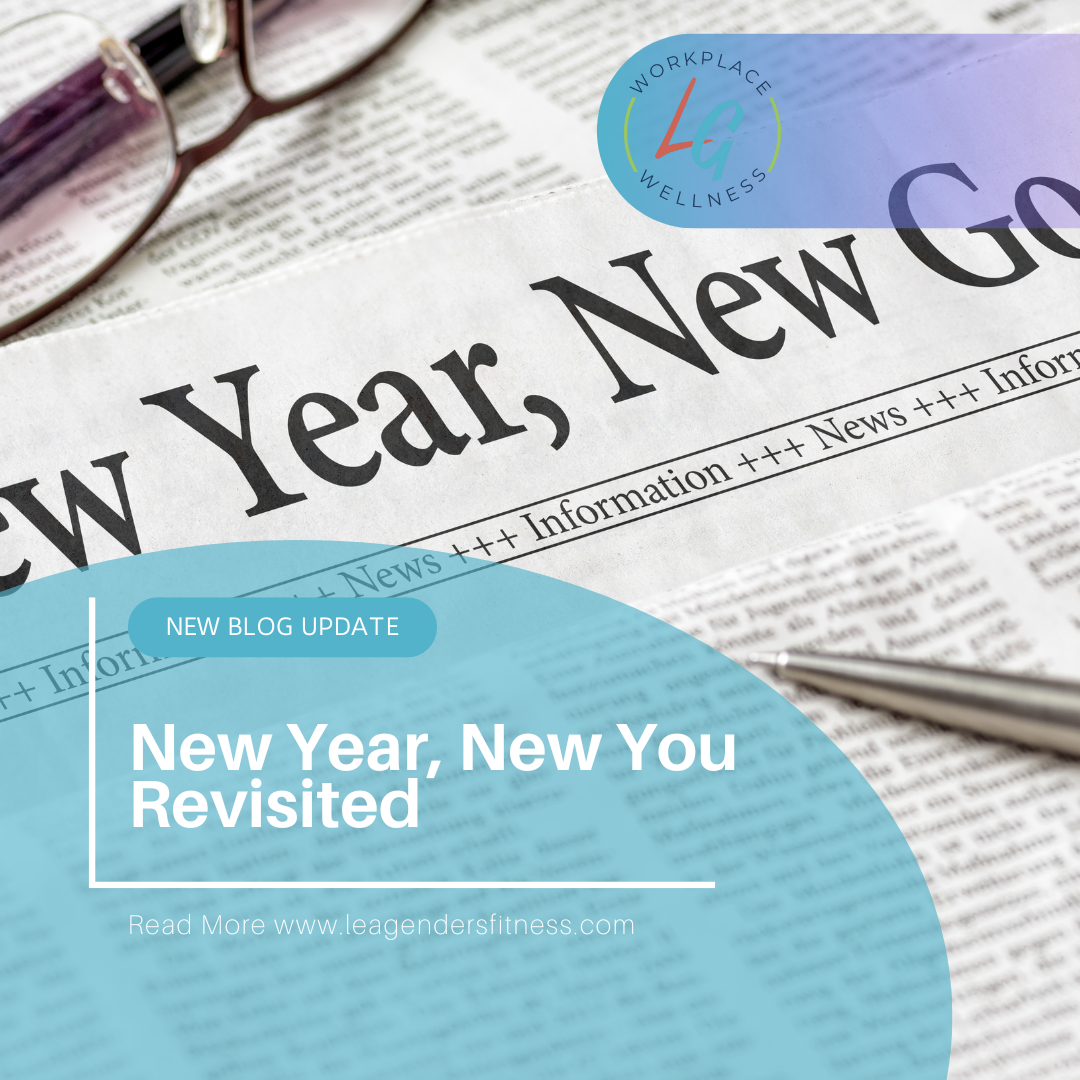The last time I drank alcohol was December 31, 2020. As of today, that is 1000 days alcohol-free. I am not a day counter; I just recently realized it had been nearly three years, and I did the math.
I don't have a dramatic story of alcohol ruining my life, health, or relationships. People assume if you quit drinking, you must have had a problem with a capital P on a downward spiral to rock bottom. The problem I had with alcohol was that I didn't look, feel, or perform my best. That was enough for me.
SPOILER ALERT: EVERYTHING GOT BETTER
I didn't realize the extent of its negative effects until I quit. I often used to say I lived with low-grade anxiety and depression. I classified it as low-grade because it felt manageable compared to what I heard from other people. It was always there, but I could move past it. When I stopped drinking, it went away nearly completely.
Having a drink felt good in the moment, but, especially as I got older, it started to take more than it gave. The consequences outweighed the perceived benefits, and I am not just talking about hangovers. I didn't realize that the cloud that often hung over my head for several days after a few drinks directly related to my weekend wine consumption.
The benefits of quitting outweighed the benefits of drinking. After I stopped, my workouts improved, I was more consistent, and I slept and recovered better. I felt and looked better. I didn't realize it was holding me back.
THE MYTH OF MODERATION: I WAS LYING TO MYSELF
I was never a heavy drinker; I told myself I was nailing moderation. After all, I was a weekend warrior. I didn’t drink every single day. I am talking about two or three glasses of wine on Friday night. OK, maybe a few on Saturday. You got me—another couple on Sunday. Yikes, that's up to nine glasses in a weekend, which is nine bottles of wine a month! It's too easy for a few here to there to add up quickly.
Andrew Huberman says the upper limit of healthy alcohol intake is two weekly drinks. Two per week.
I considered myself great at moderation. Sure, I could reset and then stick to a two-drink limit, but it took more mental energy than it was worth. I planned far in advance what time I would start my first drink, watching the clock until then, and thought about how slowly I needed to sip it to make it last. Then, I had to decide whether to start my second glass or save that drink for tomorrow. No matter what I decided, I was left feeling unsatisfied. Then, of course, I often said, "Screw the limit; I will do what I want...and do better tomorrow." Tomorrow-me would always have the willpower to do the right thing, right? Maybe all these mental games were an indicator that this was leading to more of an issue than I cared to admit.
Once I quit, I had freedom from all that overthinking. It was easier, mentally, to let it all go.
WHEN MY ACTIONS AND VALUES DIDN’T ALIGN
As a personal trainer, it started feeling a little disingenuous for me to help people improve their health all week and then drink too much on the weekend. I had to consider my priorities and how my actions conflicted with my values. I said I cared about my health, but then I drank four to nine bottles of wine a month...three glasses at a time because that ‘seemed’ like moderation.
I was working hard, lifting heavy weights five days a week, running twenty-five miles per week, focusing on a healthful diet…but then ignoring the impact drinking had on my results. I had to be honest with myself about what was important to me.
Sometimes, people say, “You work so hard; you deserve a drink!” But once I realized I didn't deserve to feel like crap, it became effortless to pass.
BUT, WHAT ABOUT…?
What about birthdays, holidays, concerts, weddings, and vacations? How will I have fun? After decades of associating these events with alcohol, I quickly learned they are even better without! I was more present at concerts, got up early to run or watch the sunrise on vacation, and woke up feeling refreshed and ready to tackle another year the day after my birthday. I thought the fun was tied to the alcohol, but the experiences are more rewarding and memorable when fully engaged.
I'm not judging those who choose to drink, who have no issue sticking to two drinks per week—or even if they choose to drink more (after all, this was me a mere 1000 days ago), as long as they respect my choices. This isn’t about what anyone else is doing but what is ultimately best for me.
My husband stopped drinking at the same time I did, which, I admit, made all of this so much easier. A united “No, thank you, we’re not drinking” in response to an offer was another layer of accountability. We were in this together.
GOING FORWARD
I am not declaring that I will never have a drink again. Even though I celebrate my 1000 days, I don't count the days. I could see myself having a glass of champagne at a wedding or a glass of wine with dinner someday. Maybe. It’s not that I can’t have another drink; it’s just that I probably don’t want to.
Whenever these 'opportunities' arise, I weigh the positives against the negatives and have abstained. I think about the morning and my mental health and breaking the streak, and the choice makes itself. After a while, it is simply not worth it.
I sometimes dream about wine or accidentally drinking. I think my subconscious reminds me of my past life. I always wake up relieved it was a dream. I will never regret choosing not to have a drink.
As I get older, it is more important that I take care of my health and body. There is enough to overcome when entering into peri-menopause. I want to age gracefully with strength, and alcohol makes that more challenging. Why would I intentionally make life harder on myself?
It didn't take me long to realize I wasn't giving up anything; I was gaining health and freedom.
Did you like this post? Do you know someone who might benefit? It helps me when you share with your friends and followers on Facebook, Twitter, or Pinterest.
Questions? I’d love to help.













Stop letting your hormones run the show. Learn how your mindset and environment influence your cortisol levels and the simple, one-minute recovery practices you can start today to find your balance again.